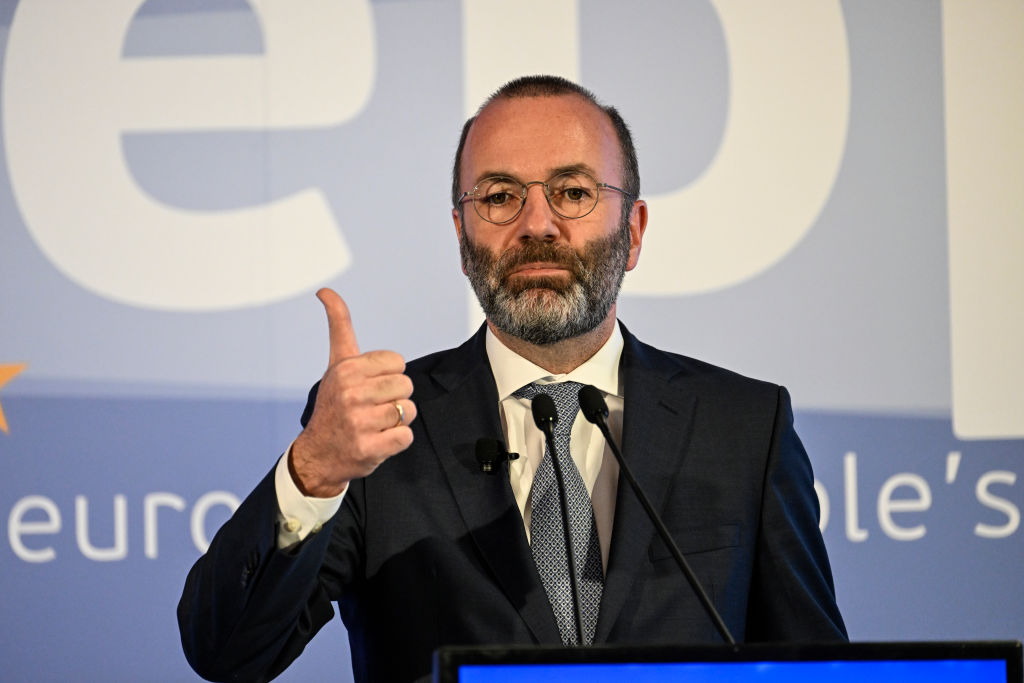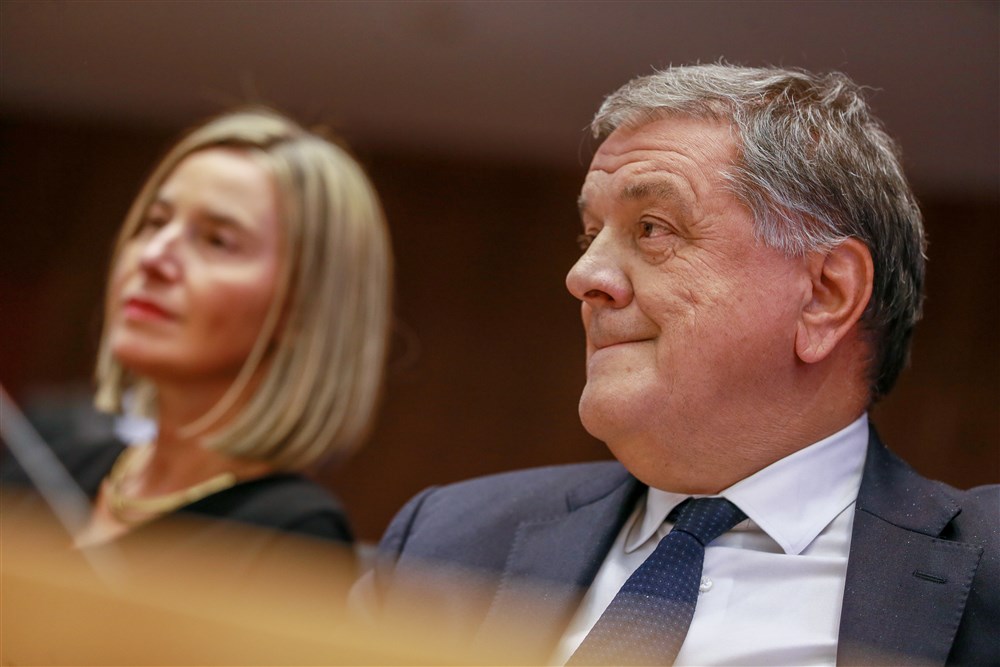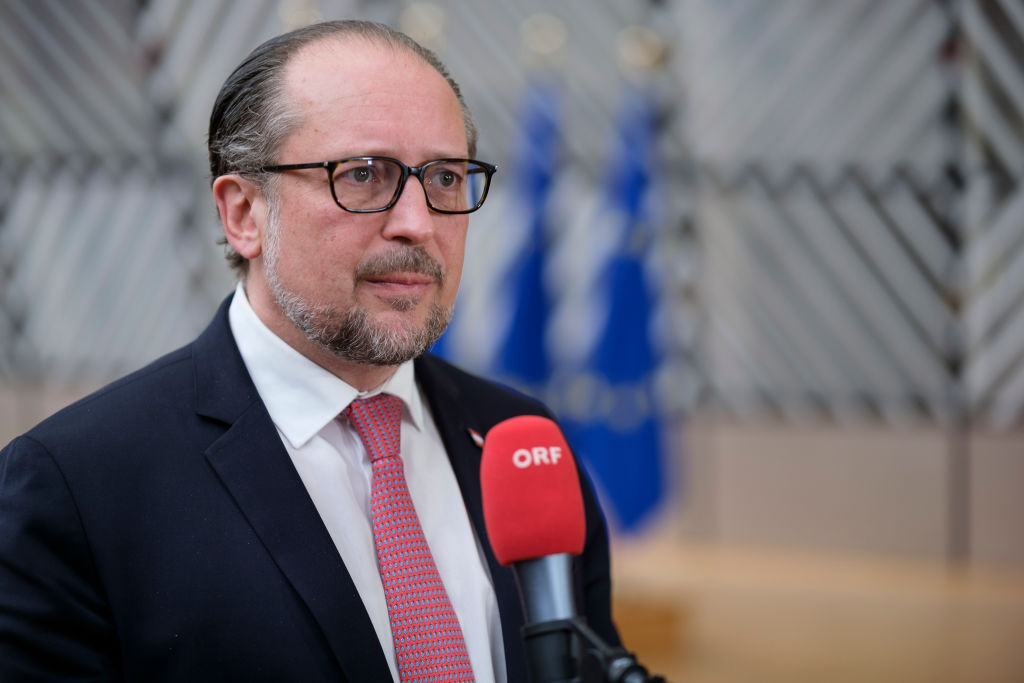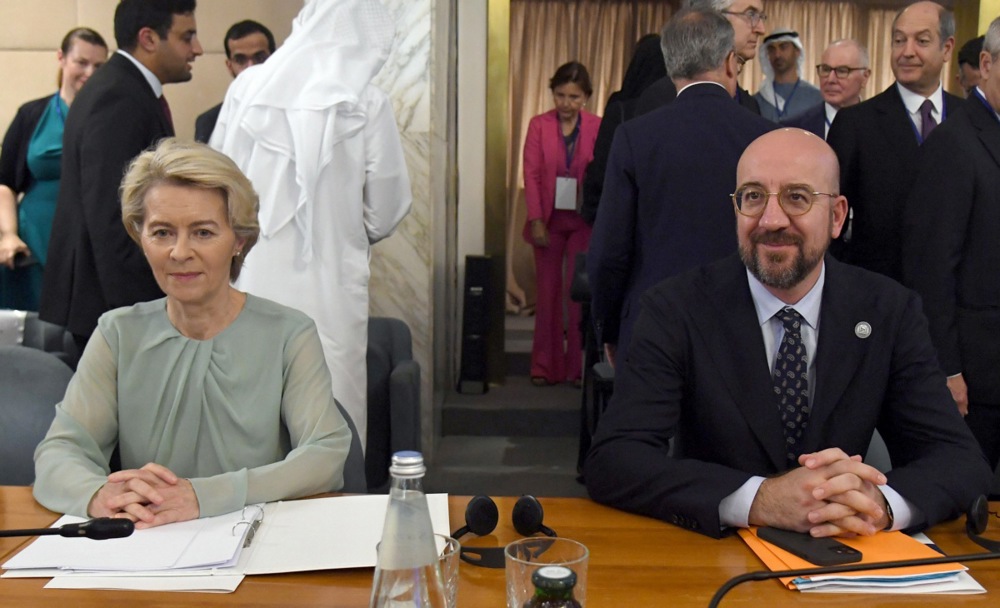The European Union’s Party of European Socialists (PES) has lambasted President of the European People’s Party (EPP) Manfred Weber for calling its members “moralisers”.
Weber gave an interview on August 30 about his visit to Tunisia to demand results from the country in reducing illegal migration into the EU.
With rising levels of migrant arrivals in the bloc, and with its controversial new Migration Pact at the centre of the European debate, Weber lauded the “results based approach” to mass immigration of his centre-right EPP.
Contrasting the Left and the PES to his own centre-right approach, he said that they “moralise and say that we can’t talk to Tunisia, that they are no partners for us…”
That sparked a stiff response in a press release from PES head Giacomo Filibeck.
“No sensible European politician should ever dehumanise asylum seekers or migrants,” he stated.
The PES condemned Weber for what it saw as him trivialising the reports of migrant deaths at the Tunisia-Libya border. Tunisia’s Government stands accused of rounding up migrants and dumping them on the desert border with conflict-torn Libya.
Weber had referred to these incidents as “some videos from the desert or something”, despite it being believed that around 27 migrants have died as a result of the actions of the Tunisian regime.
Fillibeck expressed deep concern over Weber’s comments, calling them a departure from the fundamental values of the EU.
The “callous comments… [were] yet another sign that the EPP is mirroring a dangerous far-right approach on asylum and migration”, he wrote.
The Socialists’ press release signals deepening divisions between the two biggest political families in the EU. PES, which is the permanent party branch of the European Parliament’s S&D Group, has been the second-biggest force in EU politics after the EPP for decades. The two have traditionally remained united in the grand coalitions to forward pro-EU policies.
In an apparent shift, the EPP has recently started to engage more with right-wing and hard-right parties, especially on issues of migration and the EU’s Green Deal.
Weber’s recent visit to Tunisia to push for action on curbing migration has added fuel to an already fiery debate.
The EU deal, which will see the EU provide more than €1 billion to the North African country, was headed by EPP member and European Commission President Ursula von der Leyen, Dutch Prime Minister Mark Rutte and Italian Prime Minister Giorgia Meloni, who leads the EU’s national-conservative ECR Group as well as her own Fratelli d’Italia party.
Against this shift, the PES announced on August 30 that it “has been fighting for a progressive policy on asylum and migration, based on true solidarity and shared responsibility”.
Weber’s comments not only intensified the ongoing migration debate but will likely also accentuate divisions within the European Parliament.
There, the Migration Pact has already caused furore and, as it needs final Parliament approval before becoming EU law, that furore looks unlikely to be assuaged.





